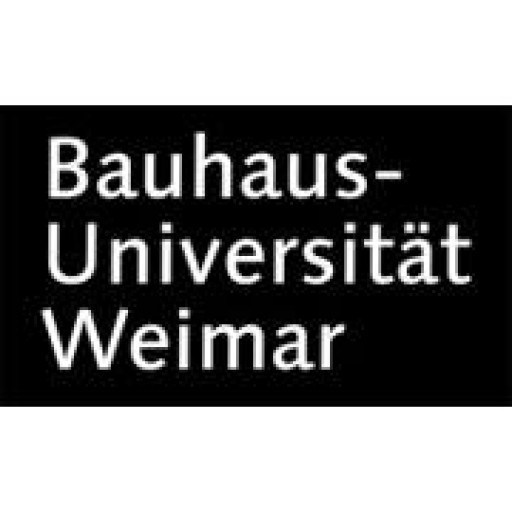Photos of university / #tu.muenchen
Green Electronics is an innovative master's degree program offered by the Technical University of Munich, designed to prepare students for the rapidly evolving field of sustainable electronics and eco-friendly technology development. This comprehensive program combines interdisciplinary knowledge from electrical engineering, environmental science, and sustainable design, equipping graduates with the skills necessary to develop environmentally responsible electronic products and systems. Students will explore topics such as energy-efficient circuit design, environmentally conscious manufacturing processes, lifecycle assessment, recycling technologies, and renewable energy integration into electronic systems. The curriculum emphasizes practical experience through laboratory work, project-based learning, and collaborations with industry partners committed to environmental sustainability. By combining technical expertise with environmental awareness, the program aims to foster engineers who can innovate solutions that reduce electronic waste, lower energy consumption, and promote the circular economy. Throughout their studies, students will also engage with concepts of eco-design, resource efficiency, and environmental regulations, preparing them to meet the challenges of designing green electronics that align with global sustainability goals. The program is ideal for individuals passionate about technology and environmental protection, seeking to impact the electronics industry positively while advancing their careers in research, development, or eco-innovations. Graduates will be well-equipped to work in sectors such as renewable energy, electronic manufacturing, environmental consultancy, and product lifecycle management, contributing to a greener future through sustainable electronic solutions.
Educational organisation
The first two semesters (10 months) comprise all the theoretical modules and will be held in Singapore together with the partner university, Nanyang Technological University (NTU). The third semester includes a mandatory three-month internship at an industrial partner and a period of six months for the Master's thesis.Study abroad unit(s)
The modules will be held in Singapore, the three-month internship and six-month Master's thesis may be undertaken either at TUM or in a company in Singapore/Germany.Internships
Three months for students in Germany/Europe or SingaporeForms of assessment
Each module has continuous assessment and a final exam. We use a credit point system. Final transcripts contain international and German grading.Course objectives
In addition to a sound and industry-relevant education with practical use for a professional career, one of our ambitions is to immerse students from all over the world into foreign cultures, languages, history, and way of life. This is why our programme places its emphasis on:- The spirit of international relations
- Leadership in multinational teams
- Courses in business administration, management, law, culture, ancient and modern history of both Asia and Europe
- Exchange programmes to Europe/Germany and Asia
- An intercultural ambience
- Optional language courses to learn the German language
Language requirements
Applicants whose native language or medium of instruction from previous studies (e.g. Bachelor) is not English must submit at least one of the following:- TOEFL: minimum 605 for paper-based test, 234 for computer-based test, 88 for internet-based test
- IELTS: overall IELTS results of at least 6.5
Academic requirements
An applicant must have completed at least a three-year Bachelor's degree (Honours) or European/German FH Diploma or its equivalent in areas of science/electrical/electronics engineering from a university with recognised standing with at least a Second Class Honours or equivalent. A basic understanding of semiconductor physics, electromagnetics and organic chemistry (or electrochemistry) is strongly recommended for the MSc programme in Green Electronics.Akademische Prüfstelle (APS) certificate is required for applicants with education qualifications from China, Vietnam and Mongolia.
Enrolment fees
Approx. 115 EUR per semesterCosts of living
Around 1,000 SGD per month in Singapore and around 700 EUR per month in Munich for accommodation, living, health insurance, books, and miscellaneous expensesJob opportunities
The programme is too intensive for part-time jobs.Funding opportunities within the university
Limited scholarships from renowned partners in the aerospace industry and TUM Asia- scholarships are provided for outstanding students.http://tum-asia.edu.sg/admissions/scholarships/
Arrival support
We provide arrival information in Singapore and Munich, and assistance with visa issues. We also offer an orientation week for new students with information on residence permits, insurance, etc.Accommodation
It is not easy to find a place to live in Munich - but it is not impossible either! TUM supports students and employees in their search for accommodation, providing personal advice, in-house listings and useful information to ensure that you can quickly find a place to call your own: http://www.tum.de/en/university-life/accommodations/With high rents and not enough rooms in halls of residence, the Munich rental market is one of the most competitive in Germany - especially for students. The city boasts over 1.4 million inhabitants, with more people moving to Munich every year - many of them attracted by the excellent study opportunities that Munich has to offer.
Student halls of residence usually offer affordable accommodation for students. The Munich Student Union runs most of these halls of residence - more information at http://www.studentenwerk-muenchen.de/en/accommodation/








